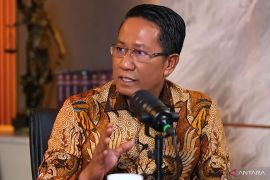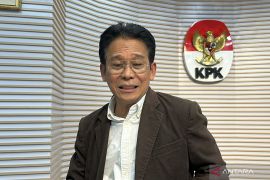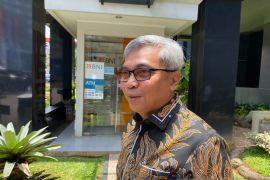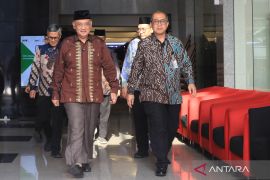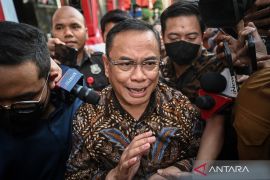“The KPK is open to collaborating with any institution to eradicate corruption. In this case, we aim to support the Finance Ministry in optimizing state revenue,” Corruption Eradication Commission (KPK) Spokesperson Budi Prasetyo said.
He warned that corruption risks are not limited to public spending, but also lurk within revenue collection processes.
“State revenue comes from various sources—taxes, customs, and non-tax income. Oversight is essential to protect and maximize these funds,” he added.
Through its supervision role, the KPK has provided guidance to local governments to help boost tax collection, Prasetyo said.
Finance Minister Purbaya Yudhi Sadewa announced Monday that the government will soon move to enforce collection from the 200 taxpayers, whose debts have been finalized under binding legal rulings.
Related news: KPK detains former tax official on gratification charges
The ministry will coordinate with law enforcement and financial watchdogs—including the National Police, Attorney General’s Office, KPK, and the Financial Transaction Reports and Analysis Center (PPATK)—to step up enforcement and improve tax compliance.
The effort comes amid pressure to close the state budget deficit, after parliament passed the 2026 State Budget (APBN) into law.
The approved budget projects a deficit of Rp698.15 trillion, or 2.68 percent of GDP, with total revenue set at Rp3,153.58 trillion.
Of that, Rp2,693.71 trillion is expected from tax revenue, Rp459.2 trillion from non-tax income, and Rp660 billion from grants.
Total government spending is projected at Rp3,842.72 trillion, including Rp3,149.73 trillion in central government expenditures and Rp692.99 trillion in regional transfers.
Related news: Anti-graft body summons seven witnesses in tax case
Translator: Rio, Kenzu
Editor: Rahmad Nasution
Copyright © ANTARA 2025



